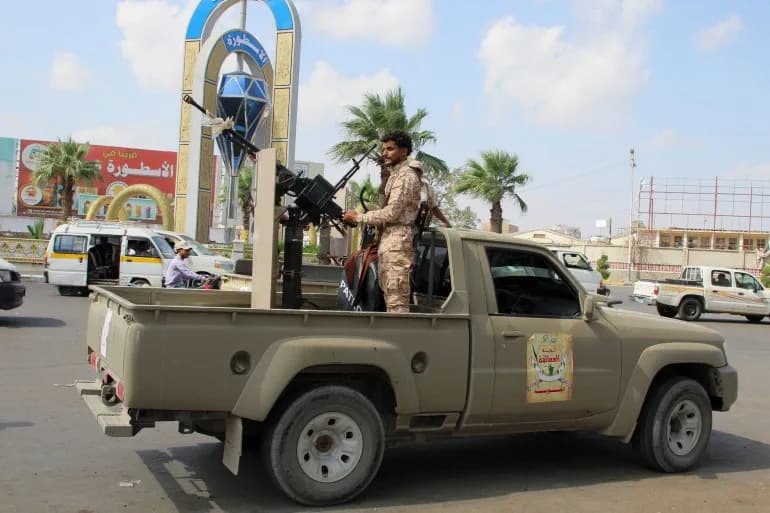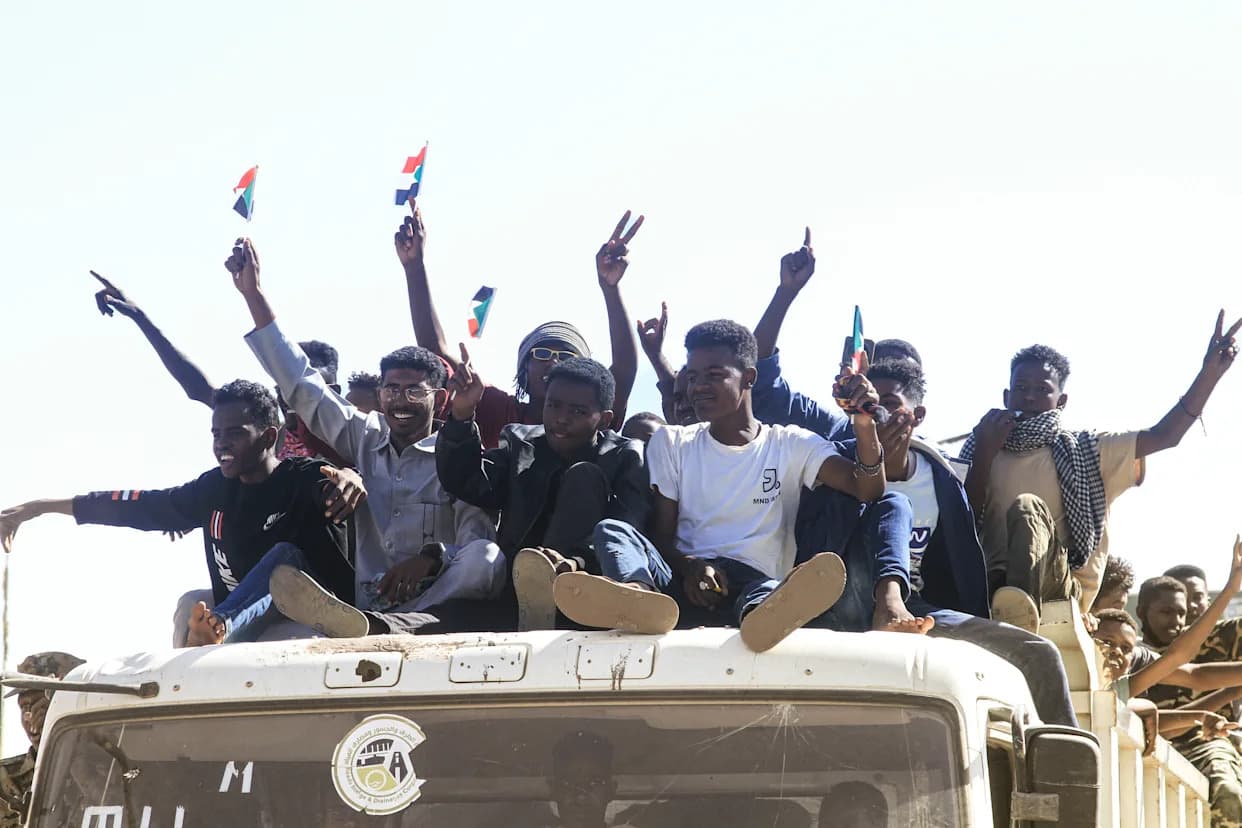Sources close to Prime Minister Mohammed Shia al‑Sudani say his Reconstruction and Development list won a "major victory" in Tuesday's election, reportedly taking around 50 seats. Preliminary results are still expected from the electoral commission. The next prime minister will need to deliver jobs and services while navigating delicate relations between Iran and the United States as lawmakers enter coalition talks.
Sudani's 'Reconstruction and Development' List Claims Major Victory in Iraq Election, Sources Say

Sudani's allies say they won a 'major victory' in Iraq's general election
Incumbent Prime Minister Mohammed Shia al‑Sudani, who is seeking a second term, has claimed a significant win in Tuesday's general election, according to sources close to the premier. The Independent High Electoral Commission is expected to release preliminary results later, but those close to Sudani say his Reconstruction and Development list has secured what they describe as a "major victory" and that his alliance won the largest parliamentary bloc with roughly 50 seats.
The vote took place while Iraq experienced an unusually calm spell amid a region marked by recent conflicts. Turnout and voter sentiment were mixed: some Iraqis welcomed the relative stability, while others — including many who boycotted the vote — said the election would not produce meaningful change and accused political elites of maintaining the status quo.
Coalition talks and the path to forming a government
Once final results are certified, lawmakers will begin often lengthy negotiations to nominate a new prime minister. Because no single list is likely to secure an outright majority, the premiership customarily goes to the Shiite majority and is awarded to the leader who can assemble the broadest post‑election coalition. The speaker of parliament traditionally is a Sunni and the largely ceremonial presidency a Kurd.
Sudani was brought to power in 2022 by the Coordination Framework, a coalition of powerful pro‑Iran Shiite parties that formed the largest parliamentary bloc at the time. However, the Coordination Framework is reported to be divided over backing Sudani for a second term, and former prime minister Nuri al‑Maliki is said to be a likely opponent of Sudani's reappointment.
Domestic challenges and regional pressure
The next prime minister will face intense pressure to deliver jobs, improve infrastructure, and upgrade education and health services in a country still grappling with mismanagement and entrenched corruption. During Sudani's three‑year term, Baghdad has seen a number of construction projects — new tunnels and bridges among them — and the prime minister has pledged to continue a program of "reconstruction and development."
At the same time, Iraq must navigate a delicate geopolitical balance between Iran and the United States. Tehran has long exerted influence in Iraqi politics through political backing and armed groups, while Washington has pushed Baghdad to limit Iran's reach and disarm militias. Recent regional clashes — including strikes against Tehran‑backed groups and an intense round of exchanges between Israel and Iran that culminated in a 12‑day confrontation in June — have heightened the stakes for Iraq's next government.
As coalition talks begin, observers say the key questions will be whether Sudani can broaden his support beyond pro‑Iran factions and whether rival Shiite leaders can reach compromise agreements to form a stable government capable of addressing the country's economic and public‑service challenges.
Note: Preliminary tallies reported by sources close to the prime minister indicate about 50 seats for Sudani's alliance; official results remain pending from the Independent High Electoral Commission.
Help us improve.


































